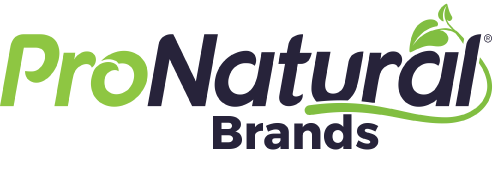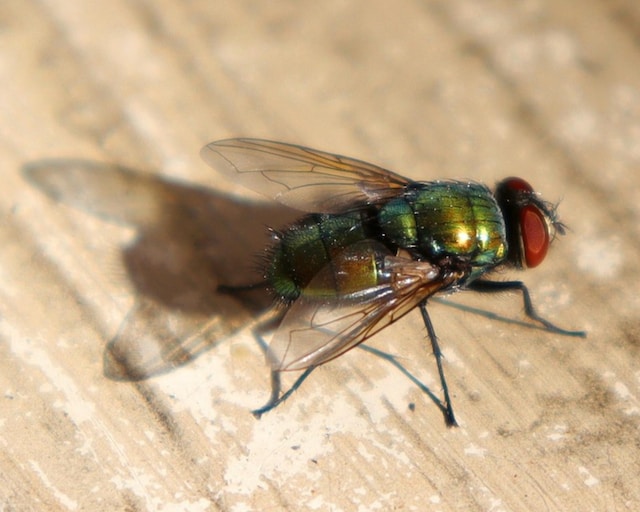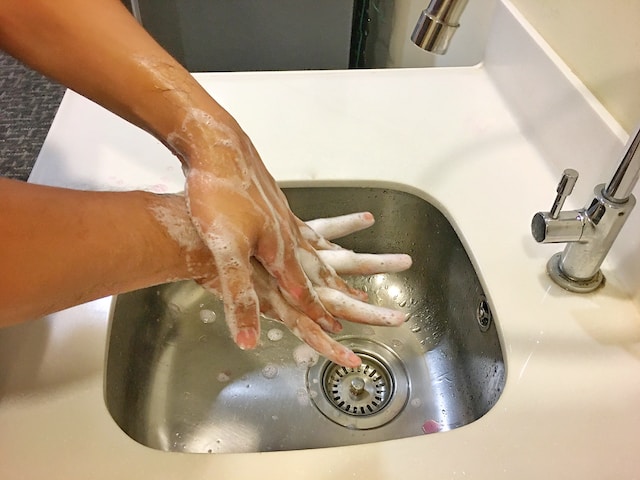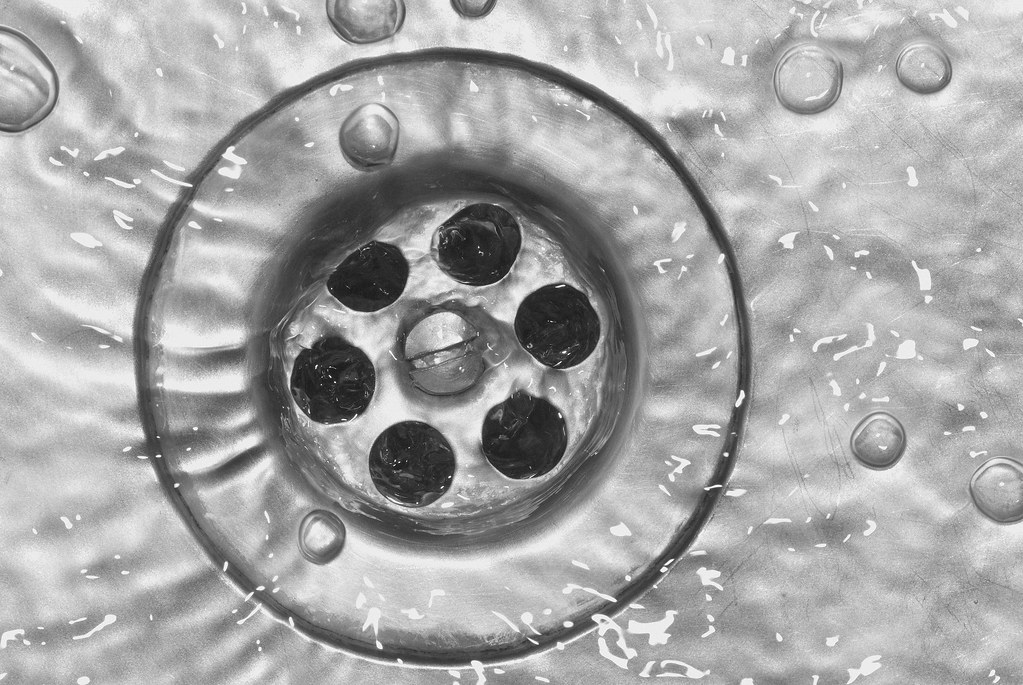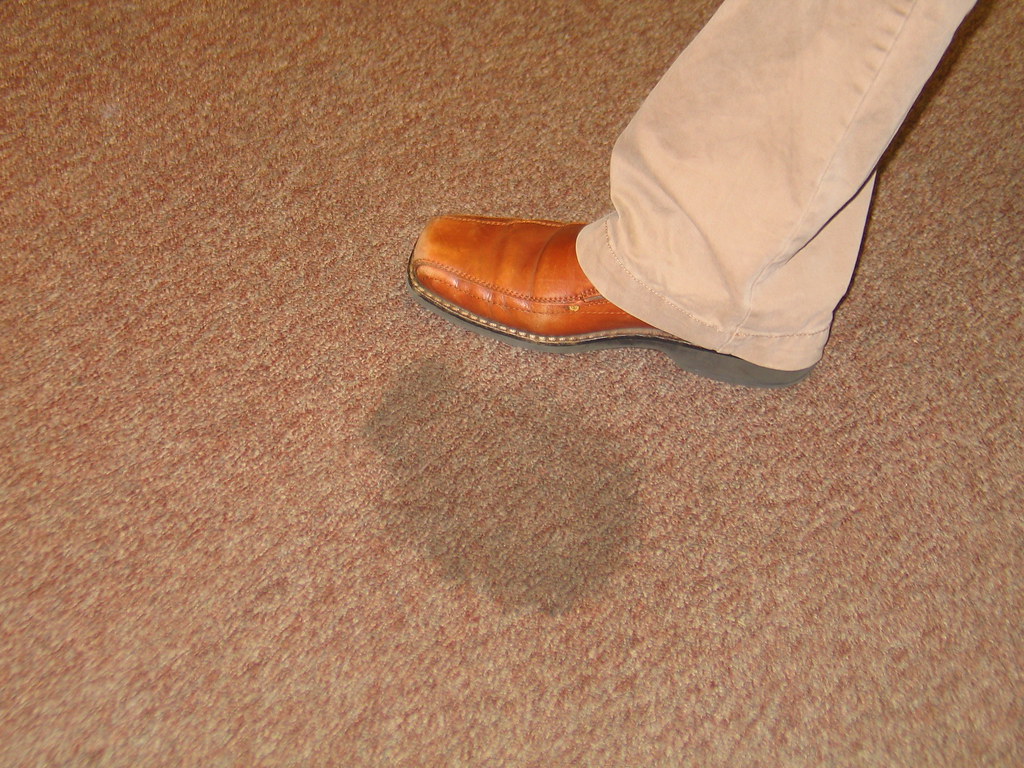While phenolics or phenols are not used as much today, there are some things we should know about them. First, they are often called cleaning solutions. However, that needs to be corrected.
Cleaning solutions are characterized as products that remove soils and some pathogens from a surface. How they do it is quite interesting. The ingredients in a cleaning solution get between the soil and the surface. Doing so allows the soil to be more easily removed from the surface.
Phenolics, on the other hand, can help remove soil but that is not their primary function. What they do is kill or eliminate pathogens on a surface. And they do this best when unimpeded. This means that the soil that can block the phenol solutions from working effectively has been removed by cleaning the surface first. Once this is completed, the phenol goes into action eliminating pathogens.
Phenols have been used in medical settings for more than thirty years. They have proven effective at eliminating pathogens on bedside tables, bed rails, and laboratory surfaces as well as decontaminating medical tools and equipment. They are also used in the professional cleaning industry, specifically to disinfect restroom fixtures and surfaces, and they are also found in some household disinfectants.
However, as effective as they have been proven to be, phenols do have some serious drawbacks.
For instance, they can be corrosive to the eyes and skin and, if inhaled in large amounts, harm the respiratory tract. Further, because they are often sold in the professional cleaning industry in concentrated form – meaning they must be diluted with water before use – the dilution process as the potential splash the disinfectant on workers. Contact causes very severe burns on the skin and serious eye damage; and, if ingested, phenols are harmful to the liver, kidneys, and central nervous system, and can even be deadly.
Those in the professional cleaning industry must be aware of this because many of the cleaning solutions they use are delivered in concentrated form. Further, mixing and diluting these products, whether manually diluting them or using auto-diluting systems, is when many chemical-related accidents occur. It’s one reason cleaning is rated a high-risk profession.
Before we talk about safer disinfecting alternatives, we should mention what cleaning professionals should do if an accident using phenols occurs:
Inhalation: Get fresh air immediately, but also get medical attention immediately.
Skin contact: Pain may develop where the phenol has contacted the skin. Immediately flush with substantial amounts of water for about 15 minutes. Do not rub the area. This can aggravate the irritation and spread to more skin areas.
Eye contact: This can be serious. Get medical attention immediately. Flush eyes for at least 15 minutes. With the water pouring down on the eyes, lift the eyelids as much as possible.
Ingestion: Should a phenol disinfectant be ingested, even in small amounts, it can cause digestive pain almost immediately. As little as one gram can be fatal. Induce vomiting. Get medical attention immediately.
We should also mention that cleaning professionals should always wear protective gear, including gloves and goggles, when handling phenols. To protect your feet from injury related to spills, make sure that liquids cannot penetrate your shoes. Store phenols in a cool, dry, and ventilated closet.
OK, so what we know about phenols is they are effective, but nothing you want to play around with. Better yet, don’t play around with them at all.
It’s not necessary to use phenols in professional cleaning, even in most medical situations, because there are safer and effective alternatives. EPA-registered citric-acid-based cleaning solutions are composed of food additives, which means they are very safe even if ingested, but immensely powerful. If registered by the EPA, it means they have been independently tested and do eliminate pathogens when used per the manufacturer’s instructions.
Let’s face it. Cleaning’s hard enough. Let’s not make it dangerous. Whenever possible, use cleaning solutions, sanitizers, and disinfectants that are safe for you and the environment but still effective. Citric-acid-based cleaning solutions meet these requirements.
Lee Chen is professional cleaning industry veteran and President and COO of ProNatural Brands, LLC, manufacturers of natural, sustainable, high performing citrus-based cleaning solutions.
